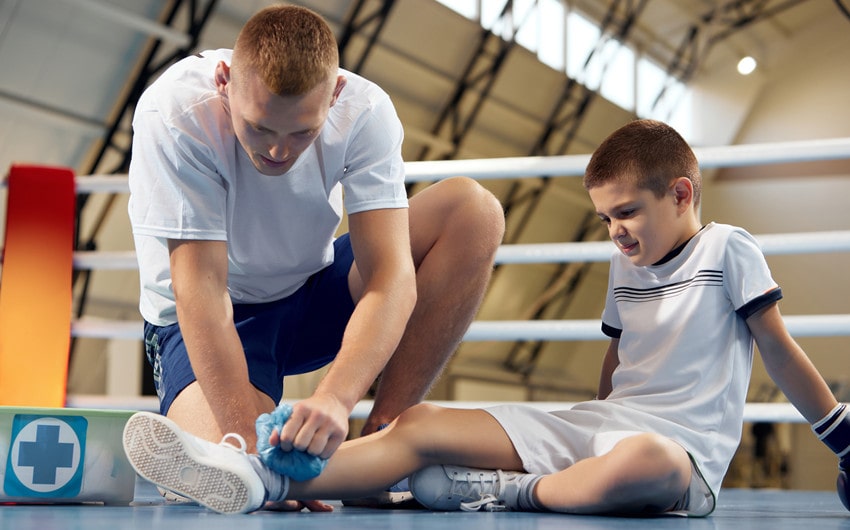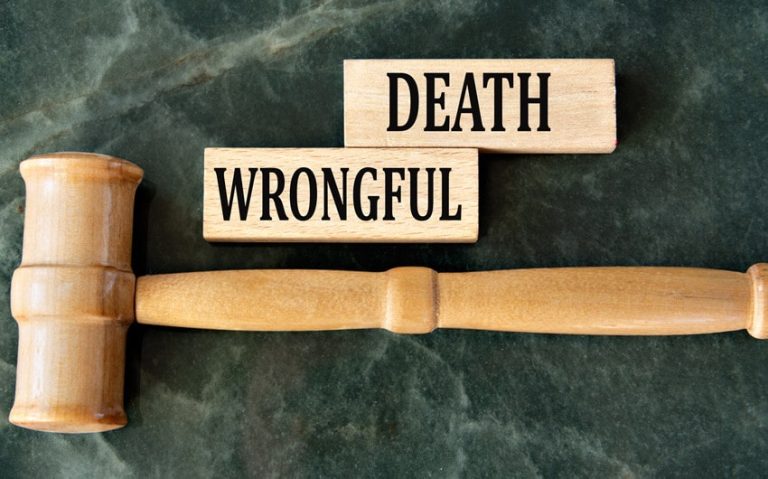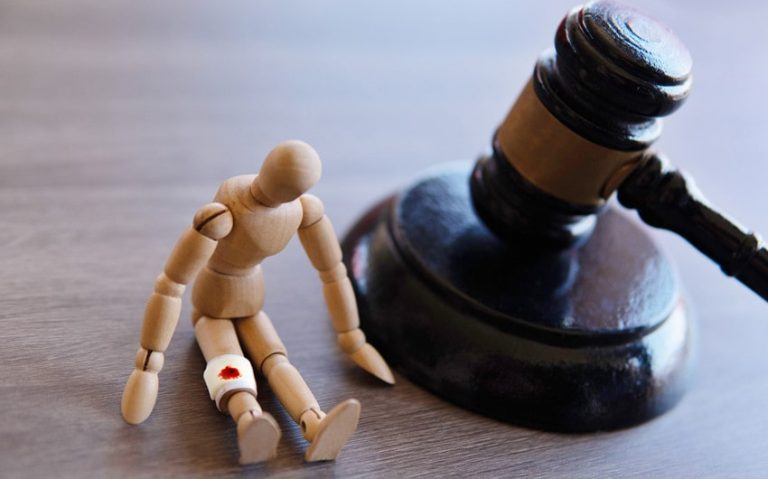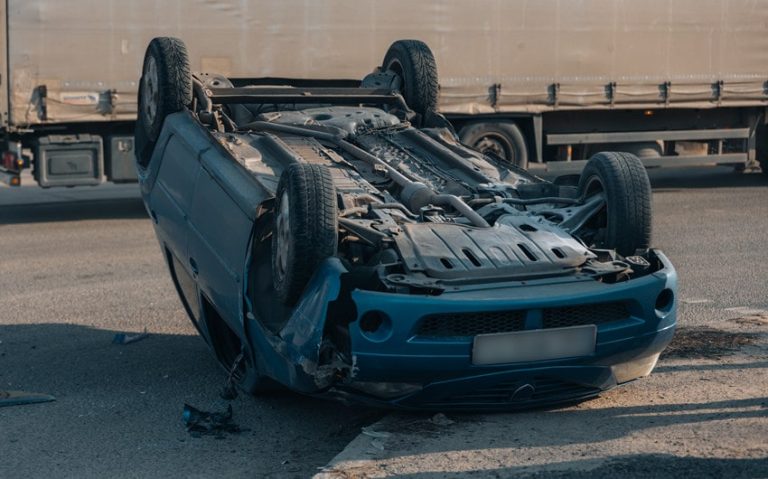A Parent’s Guide for Their Kid’s Personal Injury Claims
When a child is injured in an accident, parents can be overwhelmed by the situation. They not only have to worry about their child’s health and well-being, but parents must go through legal processes to protect their child’s rights. A minor’s personal injury claim comes with unique and differentiating legal considerations. Here is a guide for parents to understand how to pursue a settlement and secure the best outcome for their children’s future.
Filing a Personal Injury Claim For a Minor
When filing a personal injury claim for a minor, there are several key steps and considerations. It’s essential to consult experienced injury attorneys early to ensure your child’s rights are protected and the claim is handled effectively.:
1. Consult an Attorney
Personal injury cases involving minors are often difficult. Reaching out to an experienced and skilled attorney is essential. Your attorney will collect information and evidence regarding any medical attention and other records, talk and negotiate with insurance companies, and make sure that your kid’s best interests are represented.
2. Proving Liability
Proving liability in any personal injury cases is essential. Your legal team will work with you to prove that the responsible party’s negligence directly caused the injury from the accident. This could involve collecting witnesses, medical records, and expert witness testimonies.
3. Calculating Damages
Calculating damages for minors can be challenging because the impact of the injury may not be immediately seen and evident. There are cases where the accident leads to long-term complications. Compensation from the damages may include therapy costs, medical bills, pain and suffering, and any future expenses associated with the injury.
4. Court Approval and Structured Settlements
A formal approval process is required by courts in settlements involving a minor. This process ensures compensation is fair and benefits the child. Often, courts will recommend or require a structured settlement, where funds are released gradually and in a timely manner simultaneously as the child grows up. Structured settlements can help cover expenses in the future, like college tuition or medical treatments.
Common Personal Injury Cases Involving Minors
Personal injury claims involving minors can arise from many types of accidents, including:
• School or Playground Injuries
• Dog Bites and Animal Attack
• Car Accidents
• Healthcare professionals being negligent with your child (Medical Malpractice)
• Sports-Related Injuries
Why Minors Are Treated Differently in Personal Injury Cases
In the U.S. law involving personal injury, minors cannot legally represent themselves. When a child is injured, their respective parent or guardian must file a claim on their behalf. Additionally, courts often take extra steps to ensure that any compensation awarded is used in the child’s best interest.
Statute of Limitations and the “Age of Majority” Exception
In many states, minors have a unique exception to the statute of limitations called the “age of majority” rule. This rule allows young people to file a personal injury claim for a few years after they turn 18. This rule allows young people the chance to try and seek compensation if they were not able to do so while they were children.
However, it’s often best for families to file a personal injury claim as soon as possible. This is because collecting evidence becomes more challenging and difficult to prove as time goes on.
Protect Your Child’s Future After a Personal Injury
Long-term impact of a child’s injuries could affect their child’s ability to work, do day-to-day activities, or have an independent life in the future. Filing a claim, reaching out to an attorney, and considering structured settlements are one way to ensure that compensation funds are managed responsibly, providing for their child’s future.
Personal injury claims for your child can be challenging, daunting, and overwhelming. Take the necessary and proactive steps to ensure that your child’s rights are protected and their future needs are considered. It will provide you and your child the peace of mind moving forward in the future.







